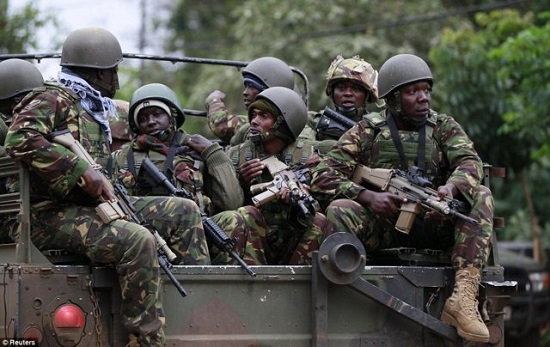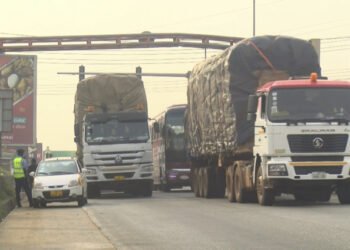The Ghana Armed Forces has announced the commencement of a decisive shift from peacekeeping to peace enforcement operations in Bawku and surrounding areas, following a directive from President John Dramani Mahama, who also serves as Commander-in-Chief of the Ghana Armed Forces.
This bold move, according to the Armed Forces, has been necessitated by the growing threat posed by armed groups whose violent activities and retaliatory attacks have led to the loss of innocent lives and heightened instability in the region.
Captain VA Arhin, Acting Director General of Public Relations for the Ghana Armed Forces, explained that recent developments in Bawku had revealed a dangerous escalation in violence, which now demands a more assertive and forceful approach to restore calm and safeguard the region’s population.
“This transition to peace enforcement has become necessary due to activities of armed elements that have intermittently resulted in violence, reprisal attacks and innocent deaths. These developments highlight a dangerous pattern that threatens not only Bawku but also the peace and security of our dear Nation.”
Captain VA Arhin, Acting Director General of Public Relations for the Ghana Armed Forces
The areas to be covered under the current military operations include Bawku, Binduri, Nalerigu, and Zebilla. These communities have been severely affected by longstanding ethnic and chieftaincy tensions, which in recent months have flared into open violence, triggering curfews, civilian casualties, and a heightened sense of fear among residents.

The Armed Forces said it will now carry out “robust and purposeful operations” designed to enhance community protection and ensure that law and order are swiftly restored.
According to the Armed Forces, the peace enforcement strategy will allow troops to use “all necessary force” to neutralise threats and disarm violent elements.
While the use of force remains within the remit of constitutional obligations, the Armed Forces is cautioning all residents to comply with the law, obey all curfews and restrictions, and refrain from any actions that may hinder the success of ongoing operations.
“The renewed curfew period of the affected areas is from 2 pm to 6 am and will be enforced to the letter. Any attempt at distracting the operations and activities of the force in place, including an attack on the security personnel, will be met with an appropriate response”.
Captain VA Arhin, Acting Director General of Public Relations for the Ghana Armed Forces
This move to shift into a peace enforcement phase reflects the growing call for action over the deteriorating security landscape in Bawku and its environs.
The area has witnessed several violent incidents in recent months, including the killing of students and unarmed civilians, further exacerbating tensions in what has become one of the country’s most volatile regions.
The Bawku conflict, rooted in deep-seated historical grievances and claims to traditional authority, has persisted despite repeated government interventions and peace-building efforts.

With this new mandate, the Ghana Armed Forces has reaffirmed its resolve to carry out its constitutional duties in the national interest.
“The Ghana Armed Forces remains firmly committed and in readiness to execute its constitutional mandate to ensure that the country is peaceful and its citizens are safe.”
Captain VA Arhin, Acting Director General of Public Relations for the Ghana Armed Forces
The Armed Forces are also appealing to residents and the general public to support the security operation. Cooperation, the military said, is vital to the success of the mission.
The Armed Forces particularly appealed to the good people of Bawku, Binduri, Nalerigu, Zebilla and their environs to cooperate with the security forces. It called on residents to report suspicious activities, comply with all lawful orders, and support peace initiatives aimed at bringing lasting stability to the region.

The developments mark a critical moment in Ghana’s internal security strategy, signalling a more aggressive stance against protracted conflict zones where traditional peacekeeping efforts have failed to achieve durable outcomes.
Whether this shift will yield lasting peace remains to be seen, but for now, the message from the Armed Forces is clear: peace will no longer be negotiated at gunpoint.
READ ALSO: Petroleum Commission Sees AOW 2025 as Strategic Upstream Investment



















